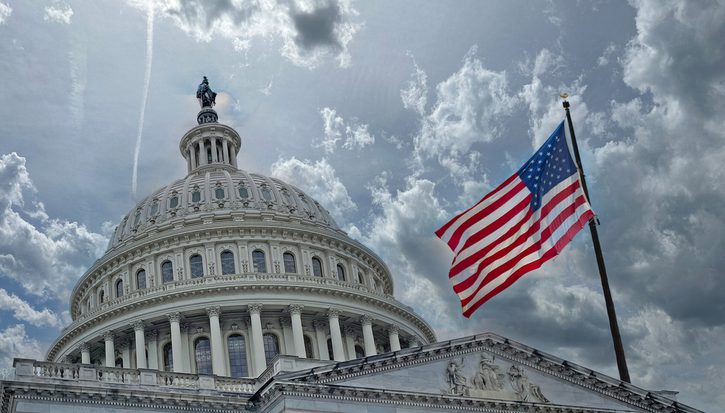Guaranteeing the right start: Preventing youth unemployment after Covid-19
Article
Young people will be particularly affected. We estimate that without further government action there will be an extra 620,000 young people unemployed by the end of the year (with 380,000 new claims to benefit between April and the end of the year expected to last for six months or more).
There is a strong case for bold policy interventions to prevent youth unemployment. Becoming NEET results in a ‘scarring effect’ that lowers long-term employment prospects and earning potential (Gregg and Tominey 2004). Furthermore, those from the poorest backgrounds and with the lowest qualifications are likely to be the worst affected.
This report argues for the government to ‘aim higher’ in its response to the coming unemployment crisis. There are already more than 400,000 young people in this country who are unemployed (and an even larger number not in employment, education or training. This is evidence of a broken school-to-work transition. This is why the measures we have described in this paper are not just responses to current crisis but permanent shifts in our welfare system.
This is the first in a series of papers that will examine pathways for reform to ‘future proof’ our welfare state for the decades ahead.
Related items

Heart of the matter: Cardiovascular inequalities in Northern Ireland
This second blog in our series on inequalities in cardiovascular disease in the devolved nations focusses on Northern Ireland.
Prophet, spoiler, or free rider?: The United States and climate change
Global climate action sits firmly in the crosshairs of the Trump administration.
Resilient by design: Building secure clean energy supply chains
The UK must become more resilient to succeed in a more turbulent world.